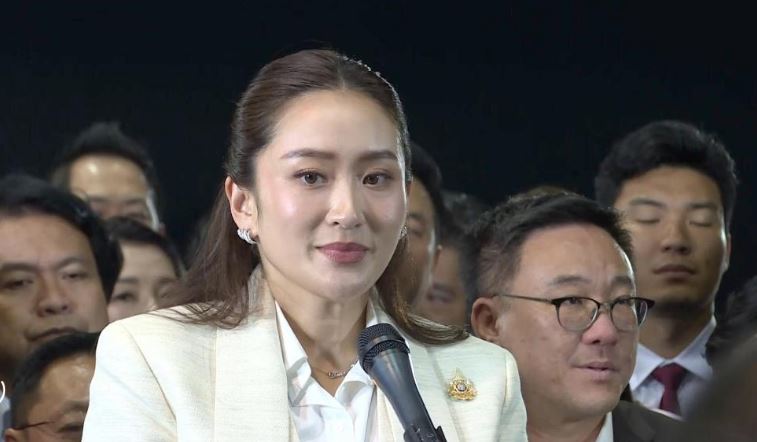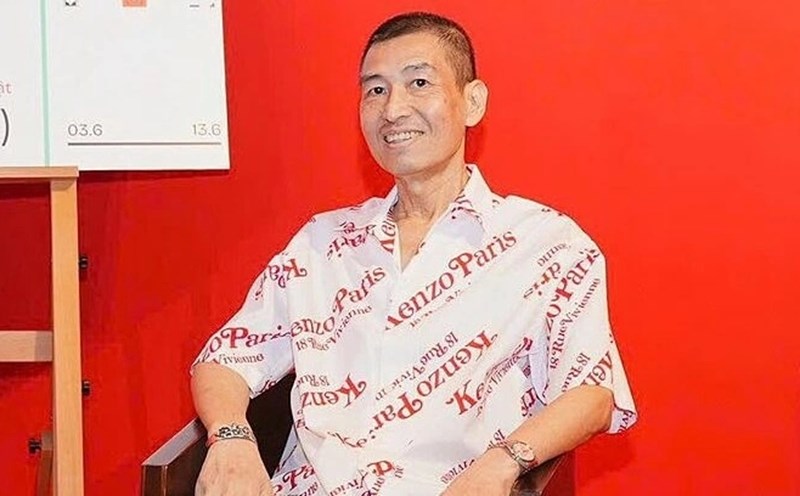With the Constitutional Court suspending Paetongtarn Shinawatra from her position as Prime Minister following a leaked phone call with Cambodian Senate Speaker Hun Sen, Pheu Thai Party strategists are preparing for three possible scenarios.
According to The Nation, the political support rate has been reviewed after the National Development Management Institute (NIDA Poll) published a new survey.
The survey is titled "Which direction should Thai politics take?" will be implemented from July 4-7, 2025.
When asked how Paetongtarn Shinawatra should respond to the ongoing political challenges, 42.37% of respondents said she should step down to elect a new prime minister.
Another 39.92% suggested that she should dissolve the House of Representatives and hold a general election.
In contrast, 15.04% believe she should continue to hold the Thai prime minister's office and continue to run the country as usual.
The poll also questioned who would be popular with the next prime minister - only selected from qualified candidates under the constitution - in the event that Ms. Paetongtarn would be forced to resign due to political instability.
The results show that 32.82% will support General prayut Chan-o-cha, a former Prime Minister and a candidate of the Thai Thong Nhat Party.
Meanwhile, 27.94% said they would not support any candidate named in the list of candidates for the Constitution.
Another 11.53% support Anutin Charnvirakul, leader of Bhumjaithai Party, while 10.92% expressed their support for Chaikasem Nitisiri, a candidate of Pheu Thai Party.

Thailand is in a "prime power vacuum" after the Constitutional Court temporarily suspended Ms. Paetongtarn from office. The decision came after a petition from 36 senators called for her dismissal for leaking a recording of her phone call with Cambodian Senate President Hun Sen.
With Paetongtarn now stripped of her Prime Minister's position and only holding the position of Secretary of Culture, the case is expected to take 45 to 60 days for the Constitutional Court to make a ruling. Meanwhile, political scenarios are focusing on three possibilities.
Scenario one: If the court rules in Paetongtarn's favor, she will be reappointed as prime minister, allowing the coalition government, with a fragile majority of 260 seats, to continue operating. However, even this result will face increasing challenges, both in Congress and on a broader political scale.
In the second scenario - a court disadvantage - and Mr. Thaksin's daughter being officially stripped of her Prime Minister status, Thailand will once again face a political turning point. The process of selecting a new prime minister will be activated, based on the candidates listed by political parties under the Constitution.
The third roadmap involves the Prime Minister's decision to dissolve the National Assembly. The government will then continue to hold a temporary government for 60 days until new elections can be held, possibly in late 2025 or early 2026.











